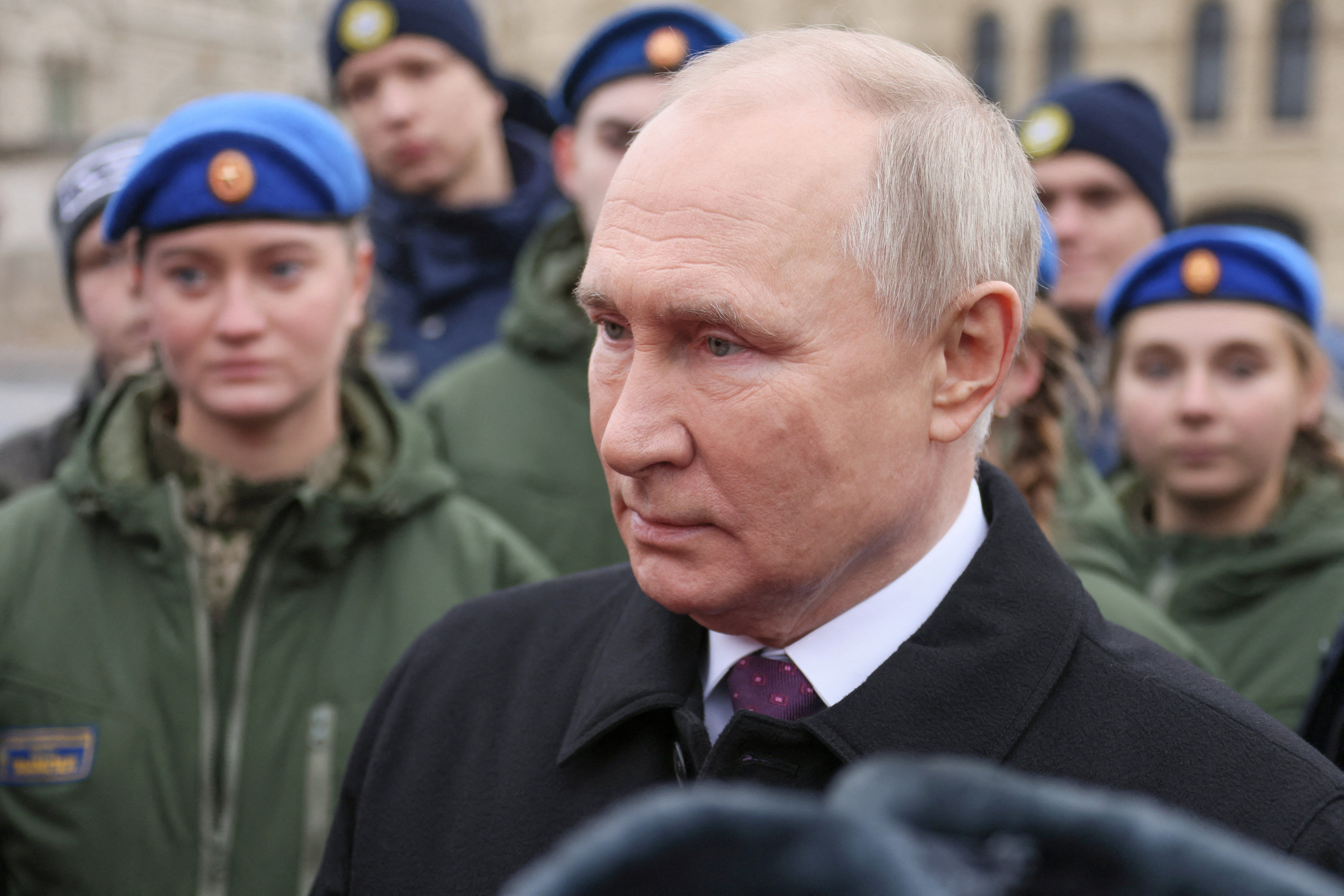Surprising approximately zero people, Vladimir Putin confirmed on Monday that he’ll run in Russia’s presidential elections next March.
With an approval rating above 80%, and a palm tree’s chance in Siberia of facing any significant challengers, Putin will almost assuredly be the next president of Russia — for the sixth time.
Still, there’s something to watch here. True, elections under Putin aren’t exactly rituals of democratic accountability. After all, byzantine rules keep all but the most docile lapdog opposition figures off the ballot, and truncheons usually sort out the rest.
But elections are regular tests of how good a rather clumsy and overbearing state is at crafting a narrative that ordinary Russians want to support, and this will be the first vote since Putin invaded Ukraine, drawing significant economic and geopolitical blowback for his country. How will he frame this chapter of Russia’s roller-coaster, post-Soviet history? Will people be excited? Turnout, if anything, will be crucial to watch.
And another thing: Elections in Russia are moments when the squabbling power brokers under Putin jockey hardest over their fiefdoms. Those internal conflicts can sometimes spin out of control in unpredictable ways, as we saw last June.
In sum: Don’t expect much drama — but don’t bet on no drama.
